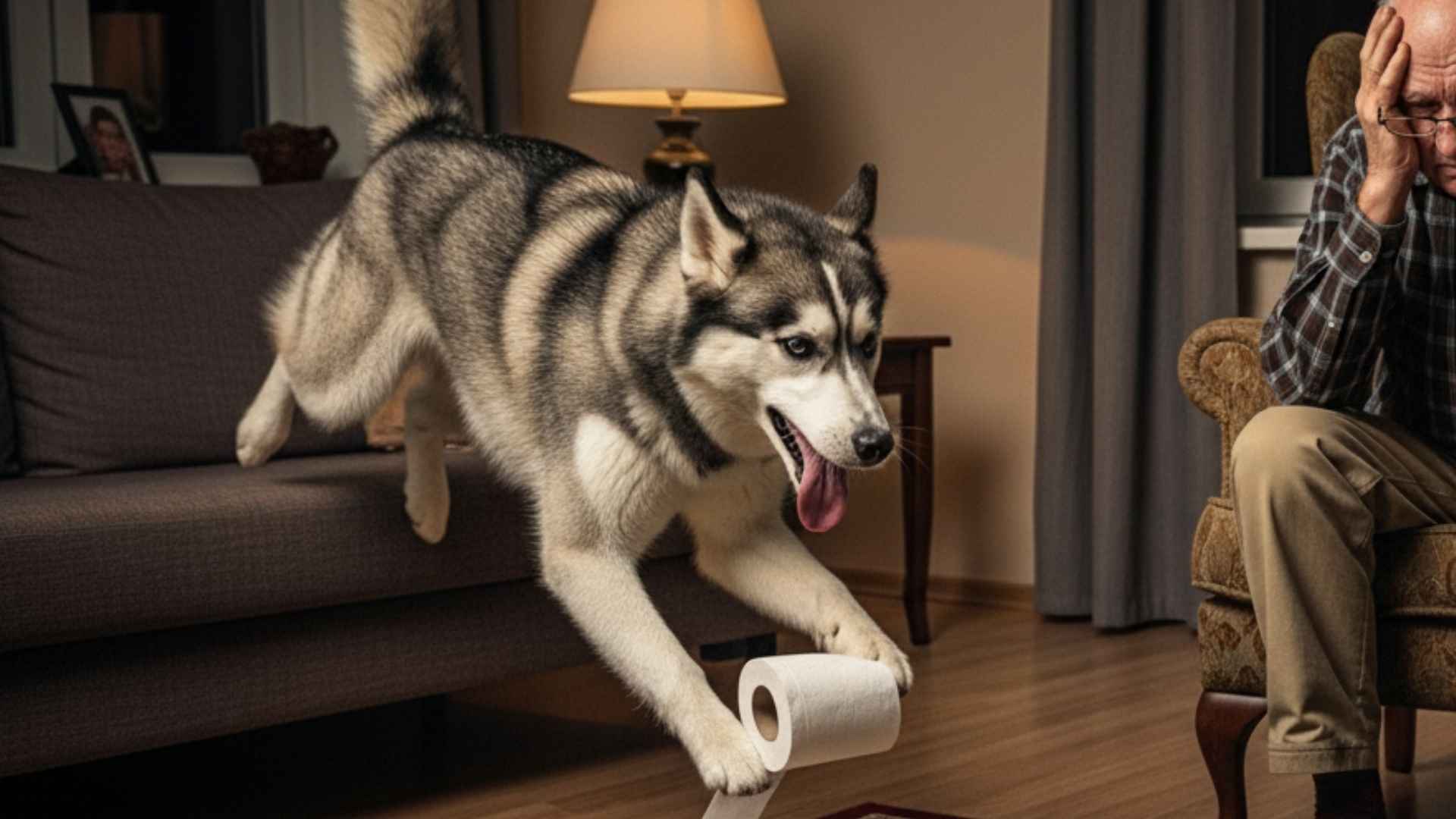When we think of a dog, what instantly comes to our mind is its warmth that brings joy, peace, and love to any household. But not all dog breeds are social butterflies.
They can be your forever loyal pals, but they do not want to be surrounded by other breeds. If this kind of behavior is understood earlier, one can prevent many troubles.
The tolerance level of a dog depends on genes as well as environment, says the Animal Humane Society. Their history defines their genes, and the environment reflects how well we care for them.
Other than social interaction, many dogs are energetic and playful, even if they are living as indoor companions. Their high maintenance makes them difficult to handle for seniors.
Let’s discuss some of these breeds that should not be opted for elderly people as pets.
Best Dog Breeds To Avoid For Elderly Pets
1. Akita
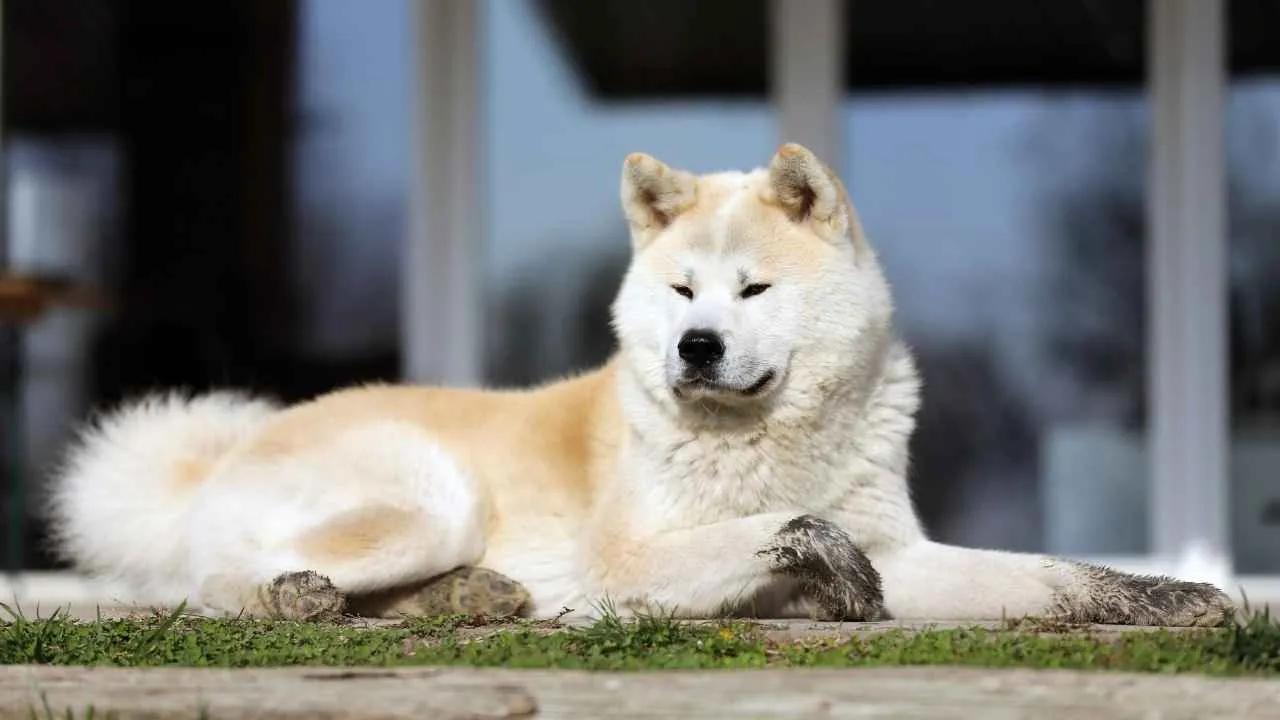
A Japanese dog breed, the Akita, is a symbol of health in Japan. These loyal companions were originally bred to be hunting dogs. One of the breeds that looks like wolves, the Akita is a strong-willed working dog and well-suited to experienced pet owners.
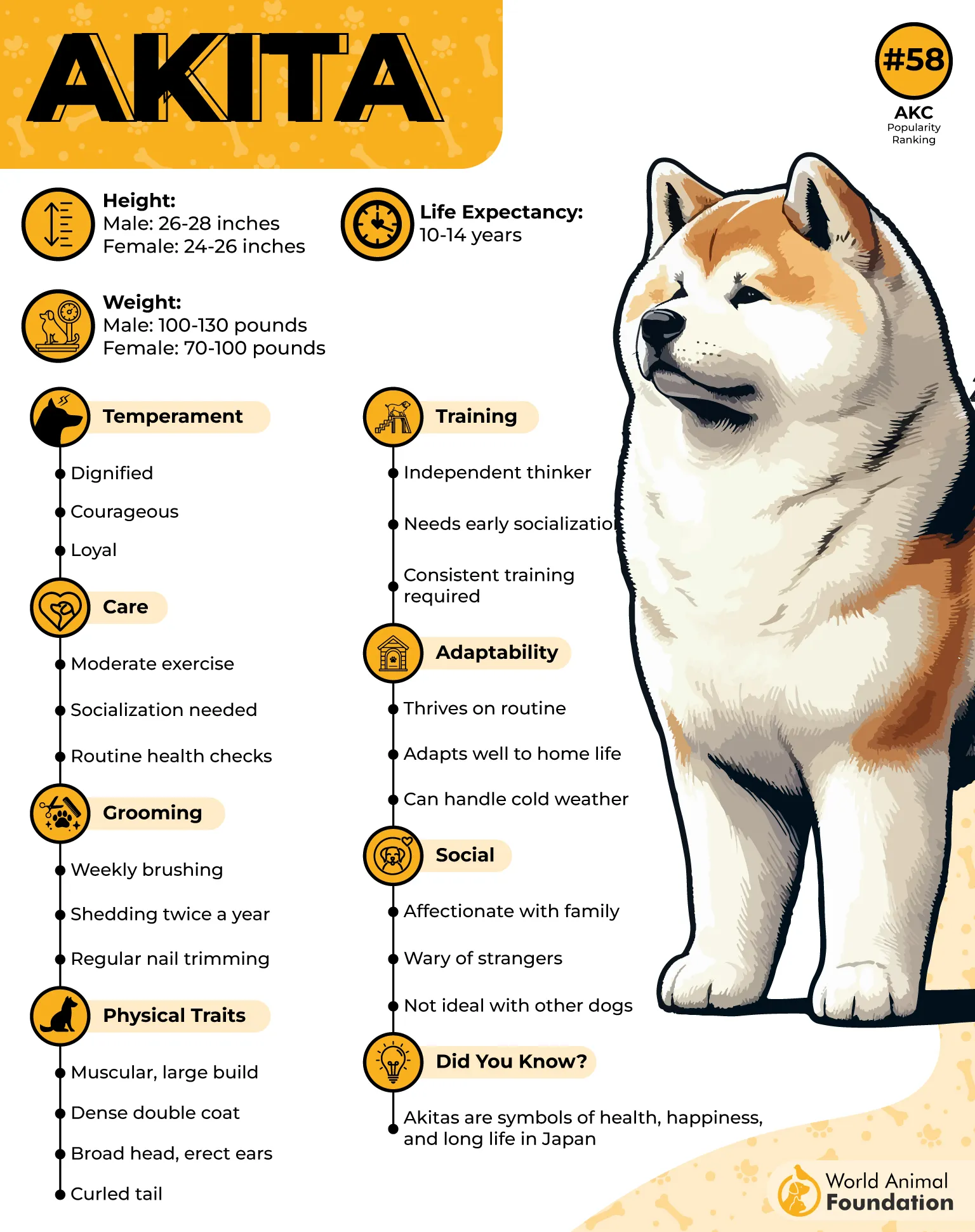
Owing to self-sufficiency, they are best suited in households as single pets. The strong prey drive due to their history makes them chase after the dogs and cats. Since they decide the interaction on their own terms, families with younger children should supervise them.
However, their affectionate nature allows them to form deep bonds with their families and make great family dogs. Akita needs early socialization and consistent training to overcome their dominant temperament. They are energetic and playful dogs.
A bored Akita can cause trouble for you; make sure to give it enough physical and mental stimulation to avoid its destructive behavior.
2. Chihuahua
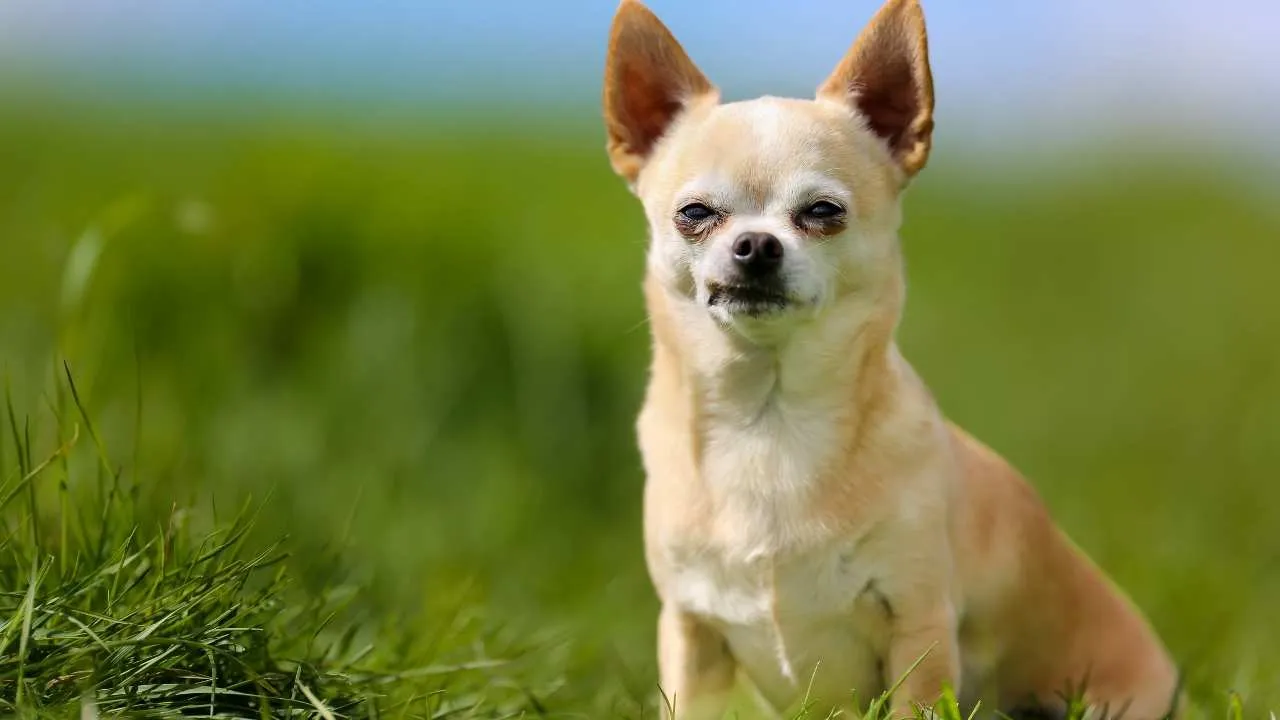
Like a little boss of the house, the Chihuahua loves the attention of their favourite human being and does not tolerate the presence of any other pet dogs. Similarly, they are aloof around new people. These feisty dogs have Small Dog Syndrome; they want to do everything like a big dog.
Chihuahua ranks among the list of healthiest dog breeds, and lives approximately 10 years. These snappy dogs are easily provoked by any disturbance and become vocal. If proper care and love are not given to them, Chihuahuas may develop separation anxiety. They are also considered good guard dogs.
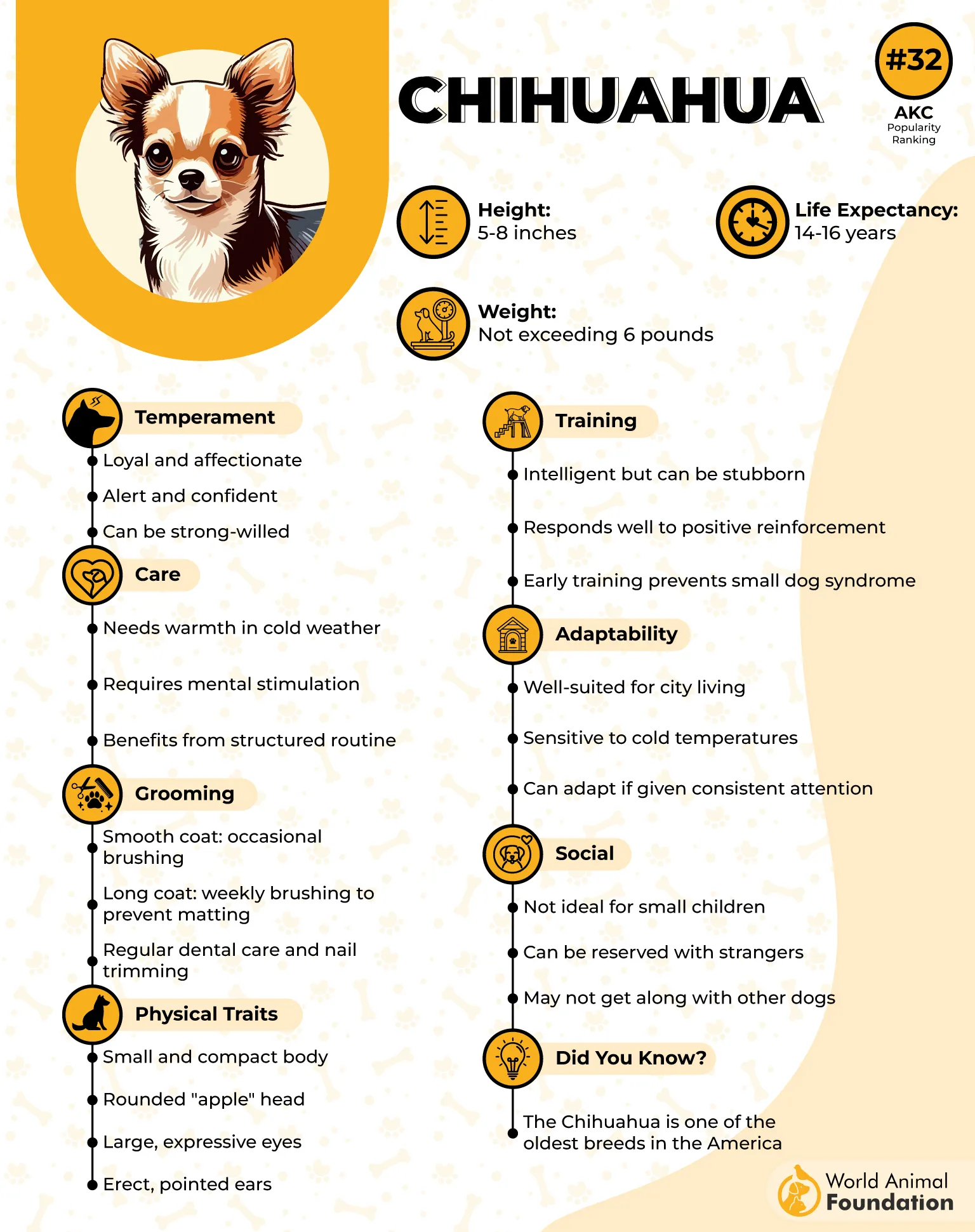
Despite being a lapdog, these high-energy dogs require lots of exercise and indoor games. Highly intelligent Chihuahuas with a strong-willed nature are difficult to train, says PetMD. Early socialization and positive reinforcement methods might help them to some extent.
3. Jack Russell Terrier
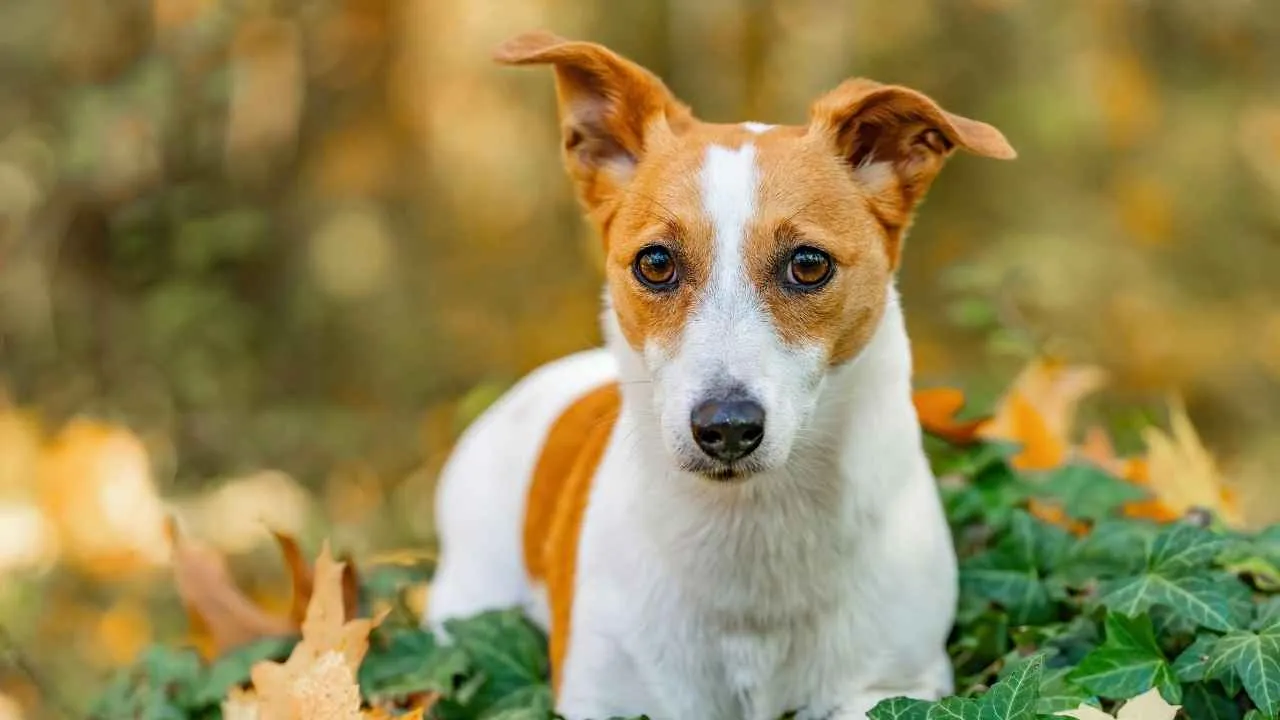
The name itself reflects the personality; the Jack Russell Terrier is a feisty and high-energy breed. They look like a plush toy, but these terriers stand as tireless workers. Russells were used to run with hounds and hunt their prey. These lively dogs are affectionate and friendly towards their families.
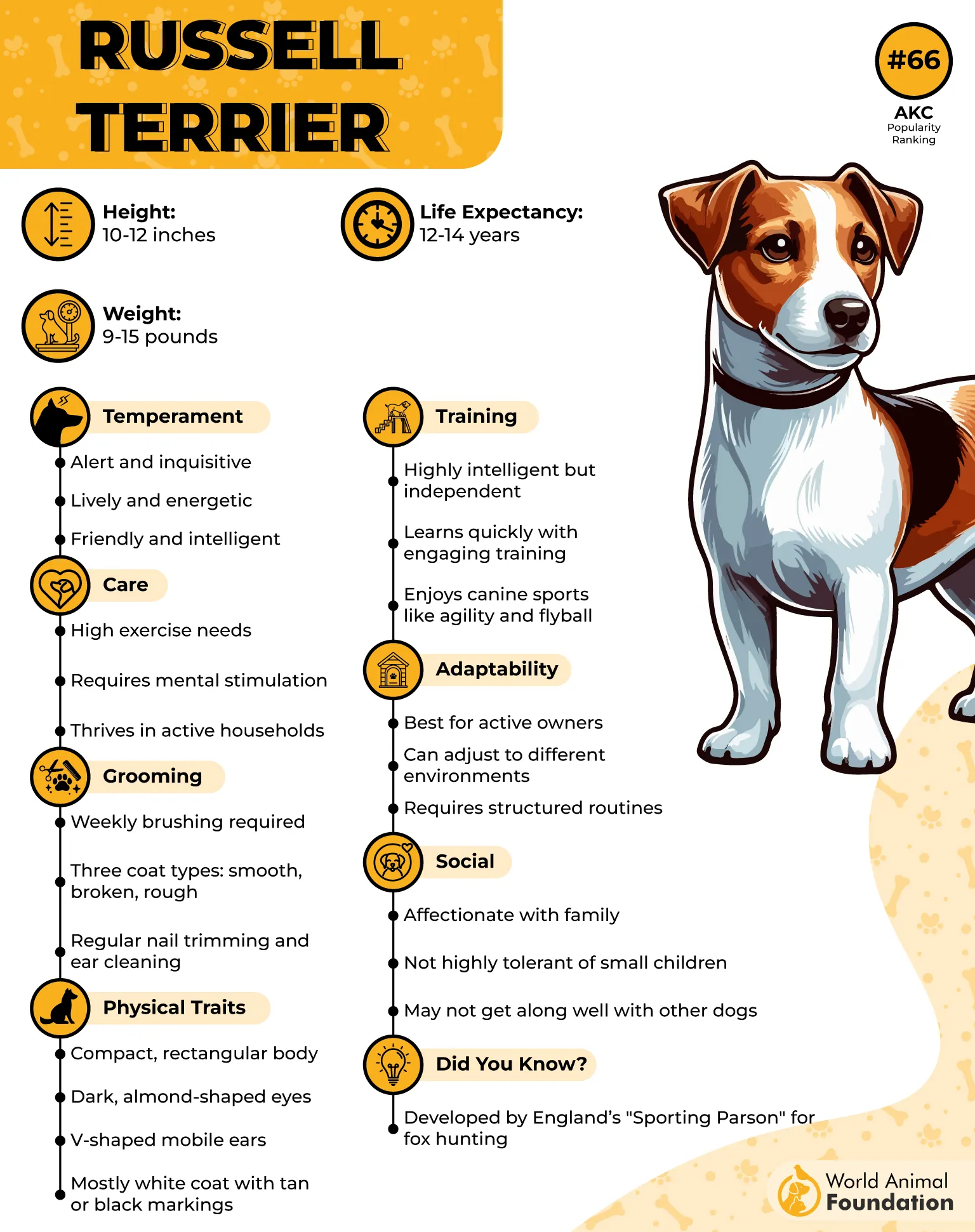
They have strong predation instincts and prefer reserved behavior around strangers and other animals. Russells do not interact well with family pets, even with early socialization and proper training. As a confident dog breed, they love to be in charge of the house and may provoke the large breeds.
AKC mentions that these playful dogs love interactive training sessions and excel in obedience training. Jack Russell terriers are highly energetic dogs and best suited for an active lifestyle. To keep them physically healthy, they need proper exercise, like long walks and even hiking.
Thus, they seem to be difficult dog breeds for seniors.
4. Weimaraner
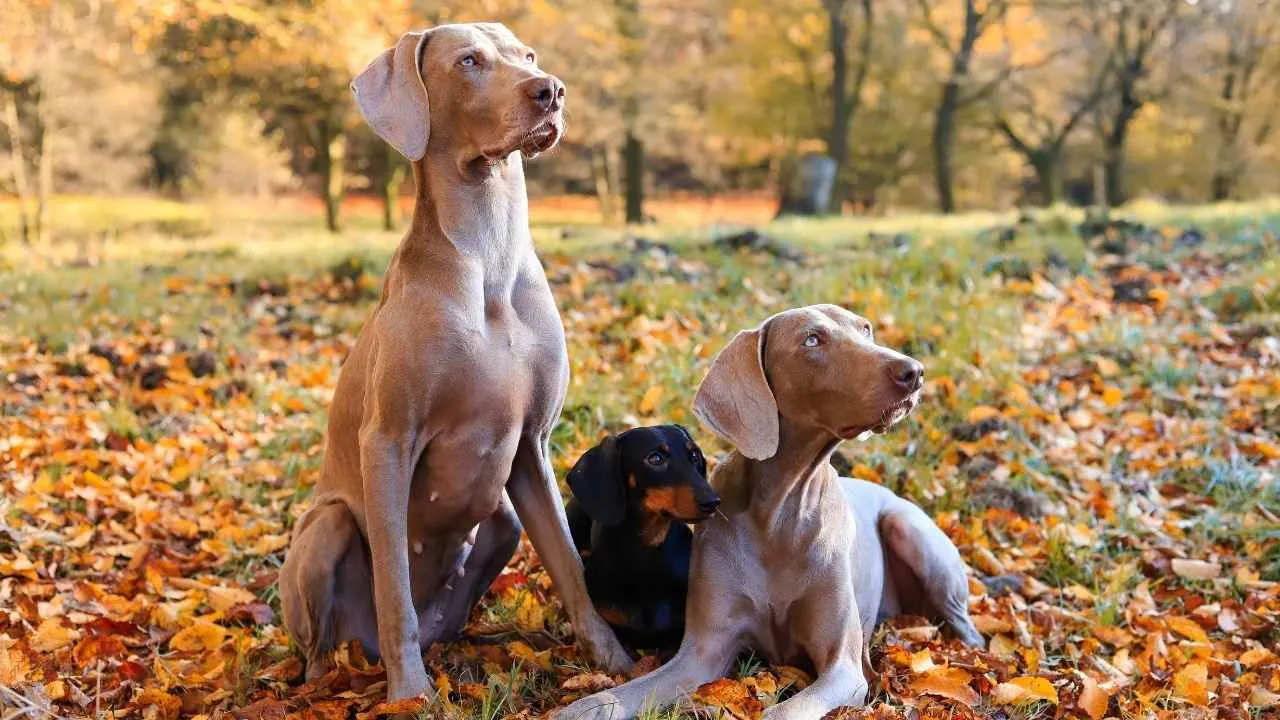
Weimaraner is a large dog breed that suits best for people who love adventures and the outdoors. They are active, energetic, and hunting dogs who have no tolerance for living with birds, reptiles, and cats, says Hills Pet.
Owing to their hunting history and big snout, Weimaraners are curious dogs and can reach your kitchen counter’s top for surfing.
Athleticism and aloof behavior make Weimaraners unsuitable for senior dog owners. Since they are highly intelligent dogs, mental stimulation and physical activities are necessary for this kind of dog breed.
Moreover, they may get separation anxiety, leading to destructive behaviours like chewing, hyperactivity, and frequent barking.
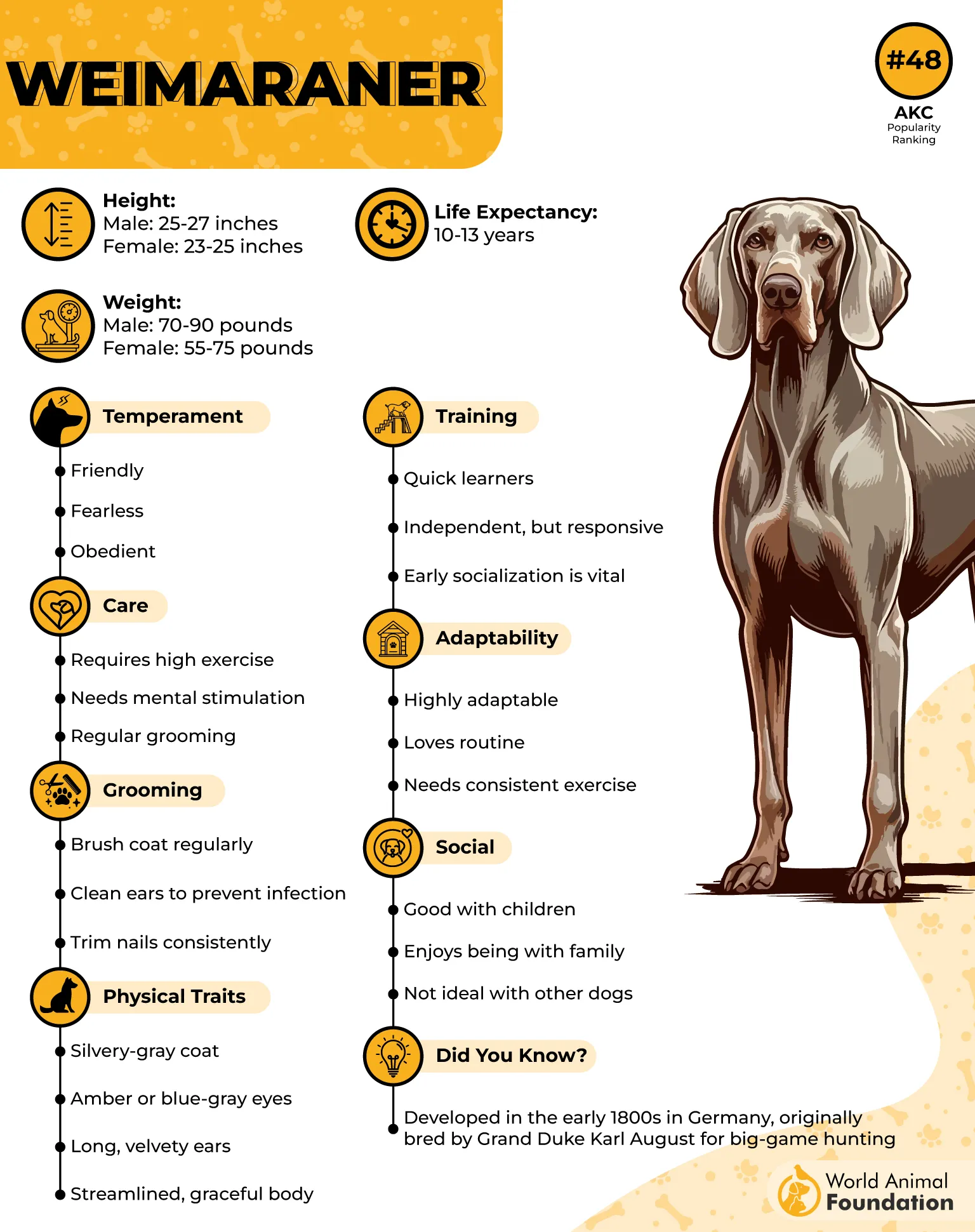
They are excellent family pets for those who can manage them. However, Weimaraners do not go well with households having cats and other dogs, even with training and socialization.
The virtues of tracking abilities, endurance, and agility demand more exercise and a big fenced yard for their physical well-being.
5. Doberman Pinscher
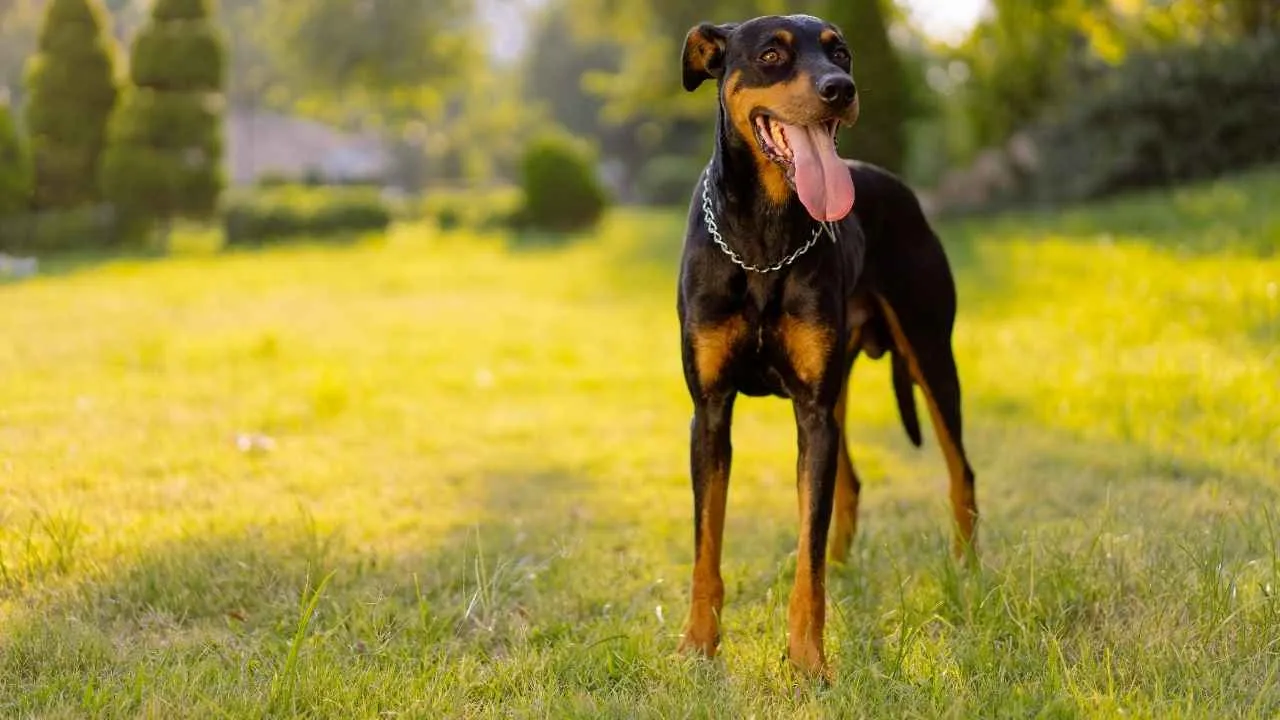
The Doberman Pinscher is a fearless and agile breed, known for its sleek build and sharp instincts — the perfect guardian to keep you protected.
These working dogs are mainly developed for protecting the tax money and taxmen from intruders. Purina says their history and intelligence have enabled them to excel as police dogs, service dogs, and therapy dogs.
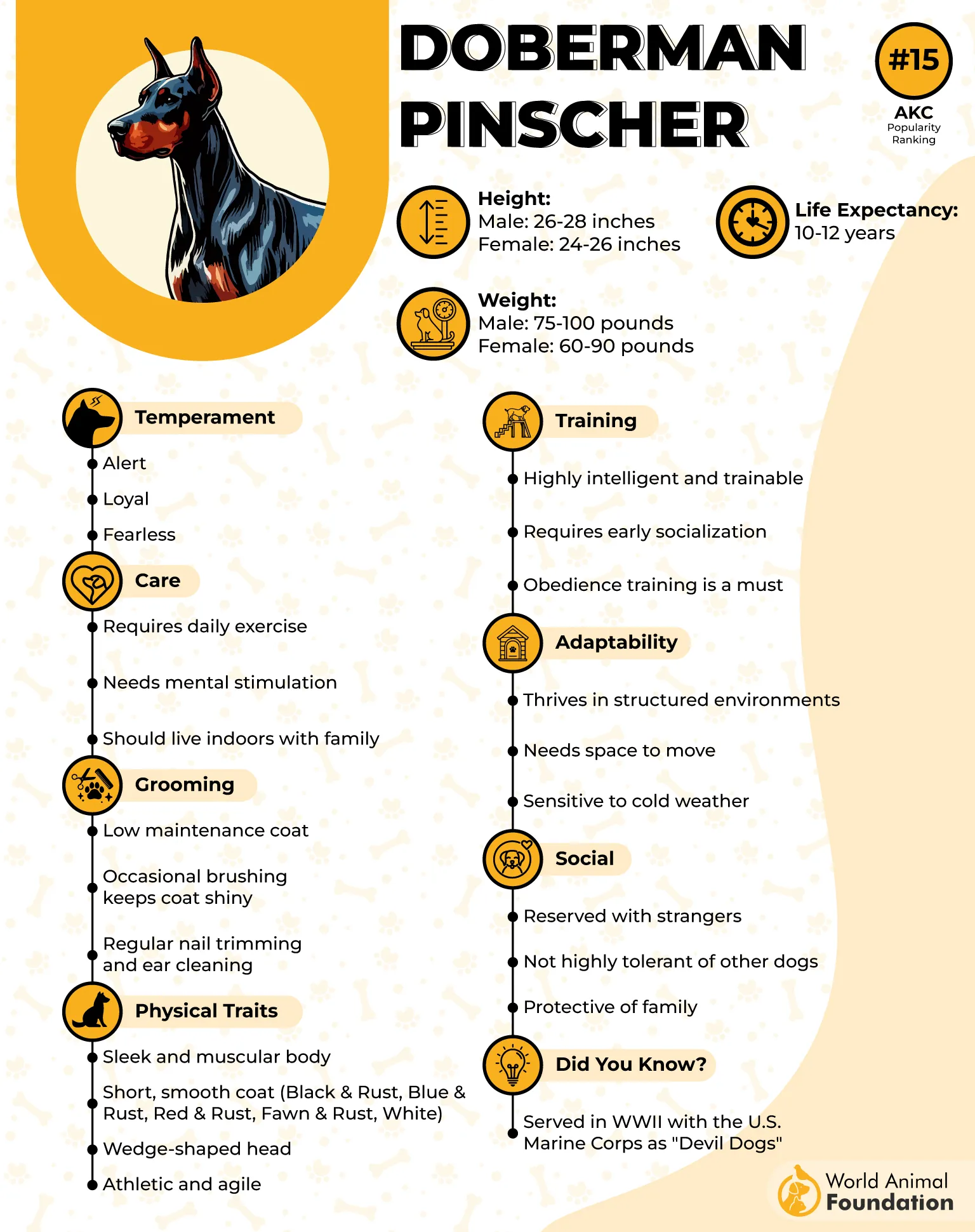
Dobies are loyal and protective towards their human families. But the instinct of guarding ranks them in the list of worst dog breeds for multi-pet households. Though they are excellent guard dogs, they need intense exercise and consistent training, which cannot be handled by elderly owners.
As a playful and energetic dog breed, the Doberman Pinscher excels in different sports like dock diving, agility, and swimming. They are one of the best dog breeds for experienced pet owners.
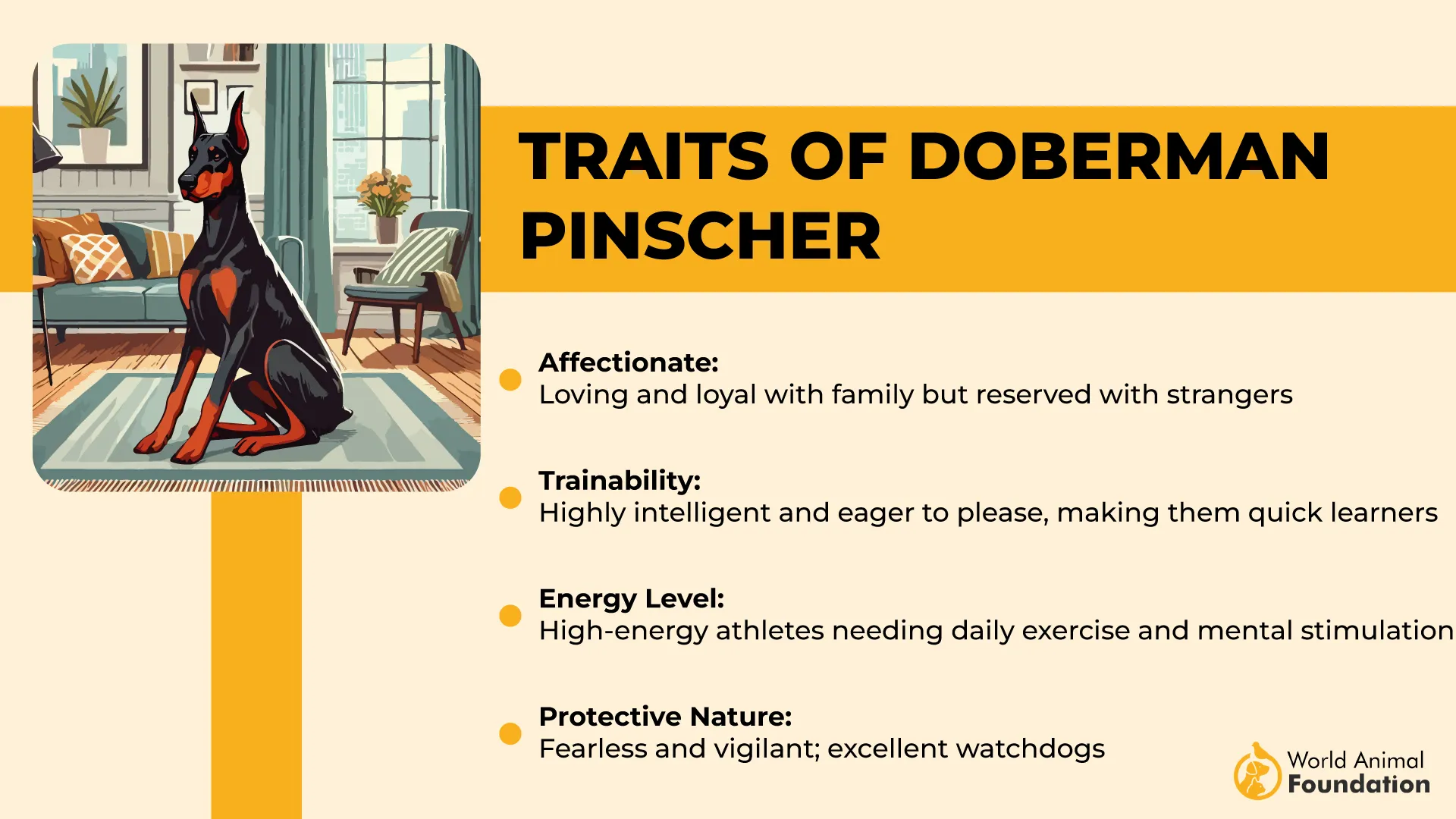
Once a Doberman Pinscher bonds with you, they will love and protect you forever; that’s why they are referred to as Velcro dogs.
6. Siberian Husky
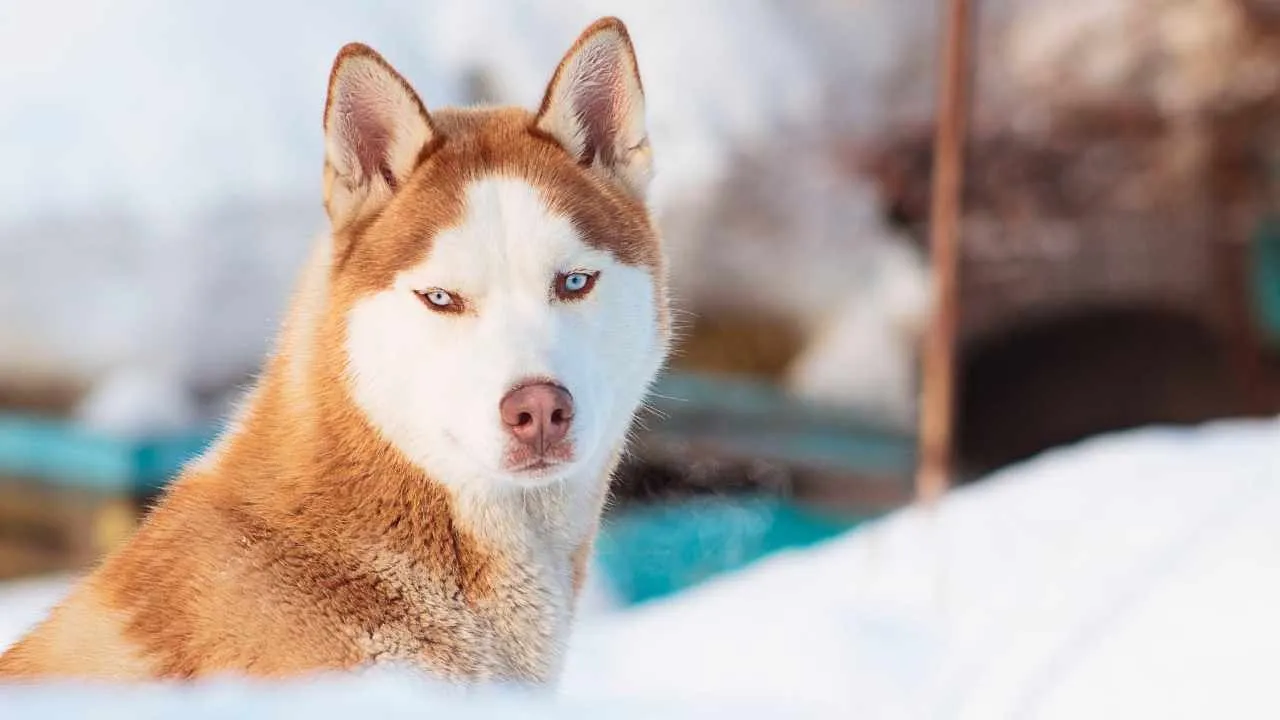
Friendly and easy-going Siberian Huskies belong to the Spitz-type dog breeds. These yappers love to express their feelings by making different sounds, and it appears as if they are even replying.
With a reputation for having destructive behavior and high maintenance, Husky is not the right dog for senior owners.
The Siberian Husky is a medium-sized dog with an intelligent and energetic persona. They were originally bred as sled dogs by the Chukchi people and come from one of the oldest known dog breeds in the world.
Owing to the history of their ancestors, Huskies often sleep with children, showing gentleness and affection as family companions.
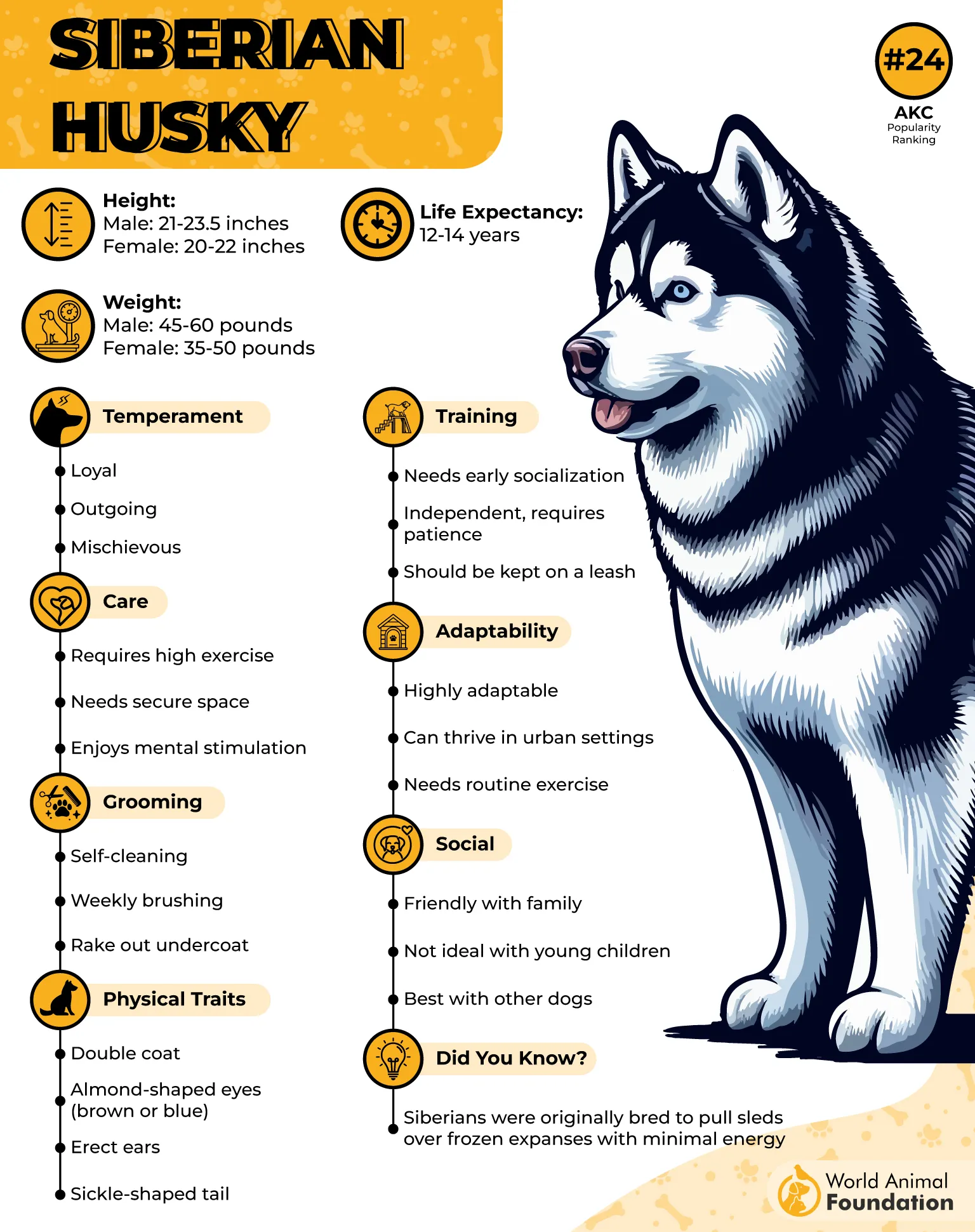
An active Siberian Husky needs a lot of space for physical activities, otherwise it becomes a trouble dog. They are also very smart and strong-willed canine pals who need consistent and early training from their young age.
Strong prey drive and playful attitude lead them to chase after the smaller pets, making their living a bit challenging under one roof. These dogs demand highly active owners who may attend to their high energy and high prey drive. Thus, they are not a suitable dog breed for many senior citizens.
7. Dachshund
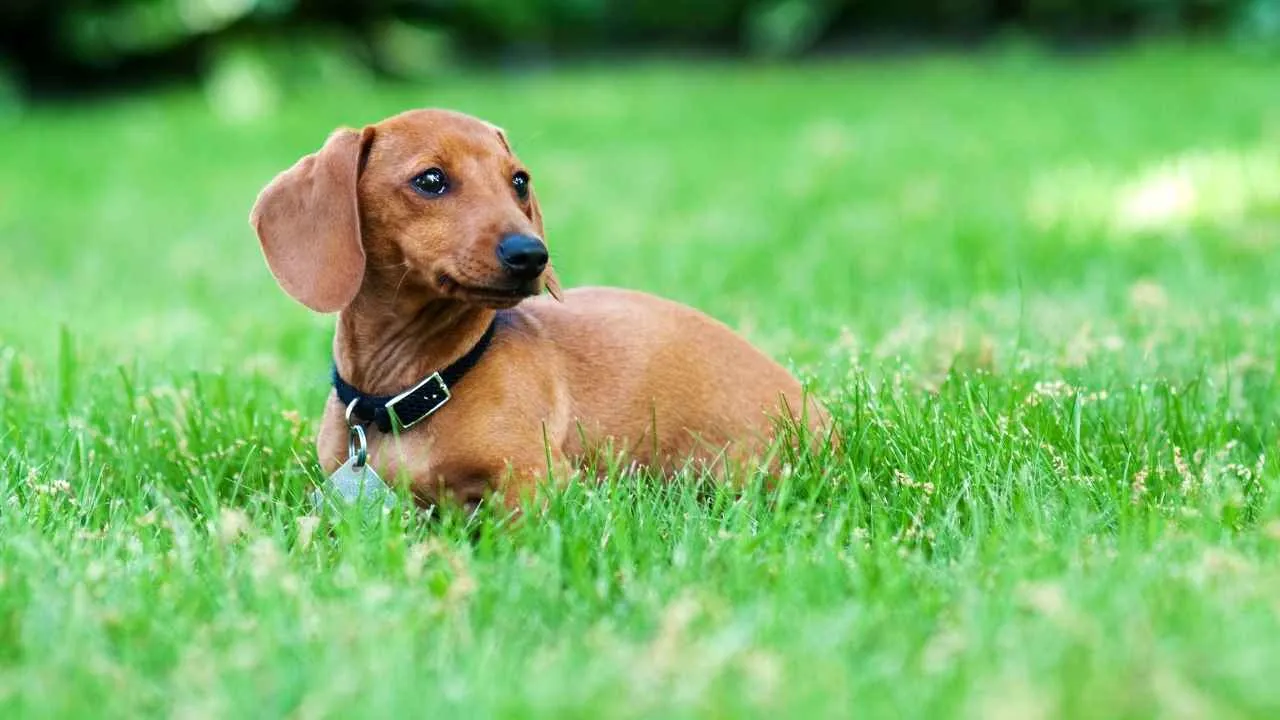
The bold Dachshund with a bossy aura is one of the most popular dog breeds. Dachshunds were developed for hunting in Germany.
As a Hound breed, this small dog has high energy levels and an innate ability to run after the little things to hunt them. Therefore, they are not a suitable dog breed for seniors.
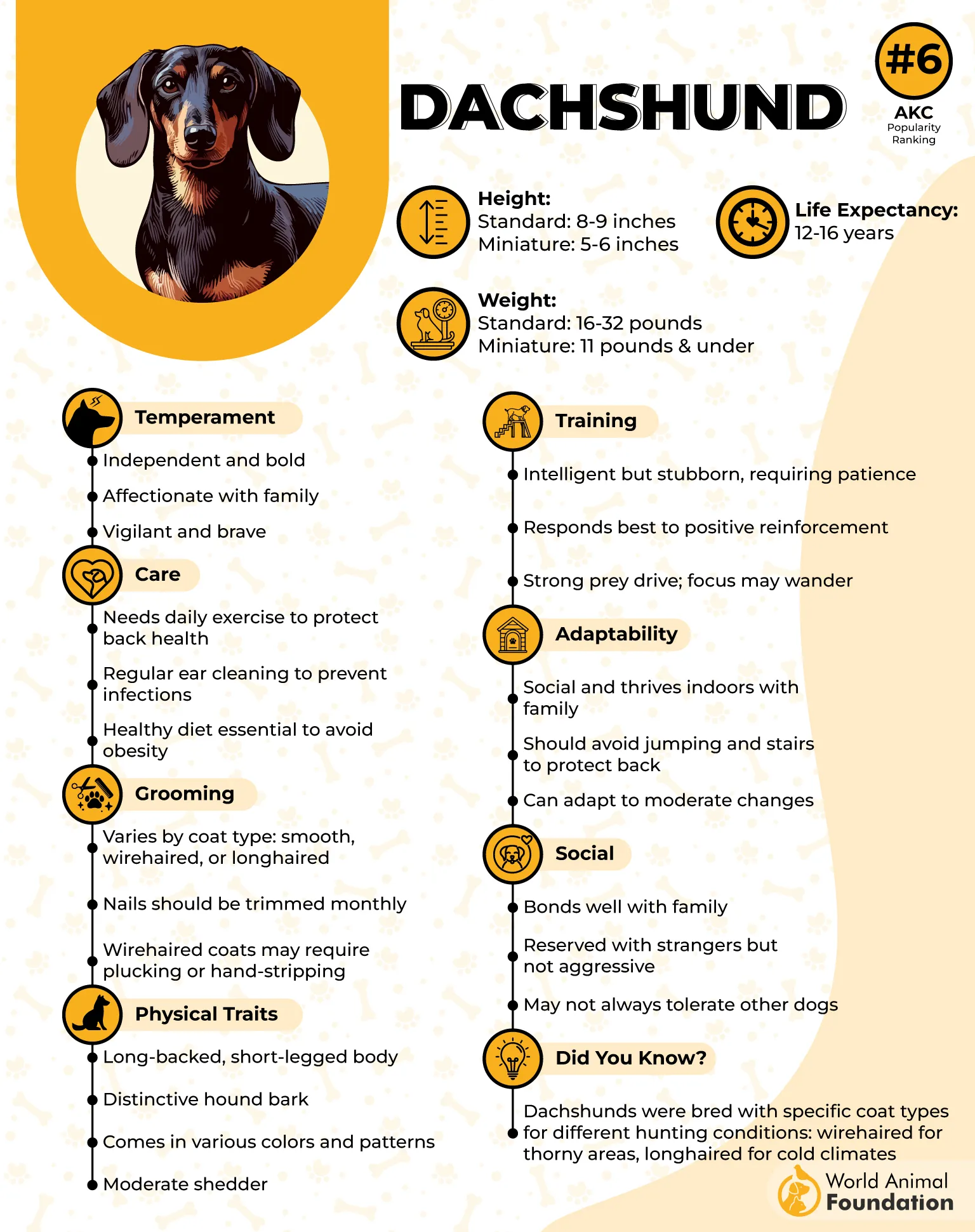
In a family where they are living along with some other dog breeds, they may tend to develop stress and injuries due to fighting. However, this behavior can be reduced via proper socialization at an early stage of their lives.
Since they are stubborn and can be mischievous, one who has ample time to train them is a perfect fit for them.
Regardless of their small bodies, they need regular exercise for the growth of muscles to support their short backs. Dachshunds’ coats vary in types: wirehaired, smooth-coated, and long-haired, making grooming needs different for each coat. Nail trimming is a must for all Dachshunds.
Conclusion
Golden age demands a furry friend who can offer love and loyalty without being too noisy and challenging. We have discussed some breeds that are not good for senior citizens and multi-pet households due to their high energy and strong prey drive.
But the list of dog breeds that should be avoided for senior living is not limited only to those mentioned in this article. Some other dog breeds, such as Border Collie, Australian Shepherd, Rottweiler, German Mastiff, German Shepherd, Cocker Spaniel, Labrador Retriever, and Golden Retriever, may also be avoided.
For perfect compatibility, a senior living community should have proper information and guidelines before adopting a canine friend.


